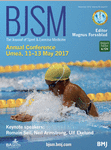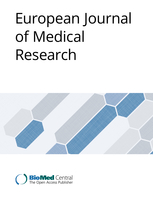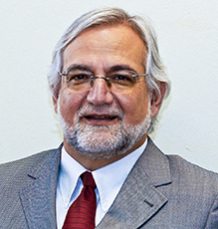
Neuroscientist Stanley Rapoport just can’t catch a break.
Rapoport, who’s based at National Institute on Aging, is continuing to experience fallout from his research collaborations, after multiple co-authors have been found to have committed misconduct.
Most recently, Rapoport has had four papers retracted in three journals, citing falsified data in a range of figures. Although the notices do not specify how the data falsification occurred, Jagadeesh Rao, who was recently found guilty of research misconduct, is corresponding author on all four papers.
Back in December, Rapoport told us that a “number of retractions [for] Rao are still in the works:” Continue reading NIH neuroscientist up to 16 retractions


 Researchers in Ireland have retracted a case study about a rare type of cancer in a child because – contrary to what they claimed in the paper – they had not obtained the necessary permission from the parents.
Researchers in Ireland have retracted a case study about a rare type of cancer in a child because – contrary to what they claimed in the paper – they had not obtained the necessary permission from the parents.

 Earlier this month, BioMed Central and Springer announced that they were
Earlier this month, BioMed Central and Springer announced that they were 
 In a massive cleanup, Springer and BioMed Central announced today they are retracting 58 papers for several reasons, including manipulation of the peer-review process and inappropriately allocating authorship.
In a massive cleanup, Springer and BioMed Central announced today they are retracting 58 papers for several reasons, including manipulation of the peer-review process and inappropriately allocating authorship.
